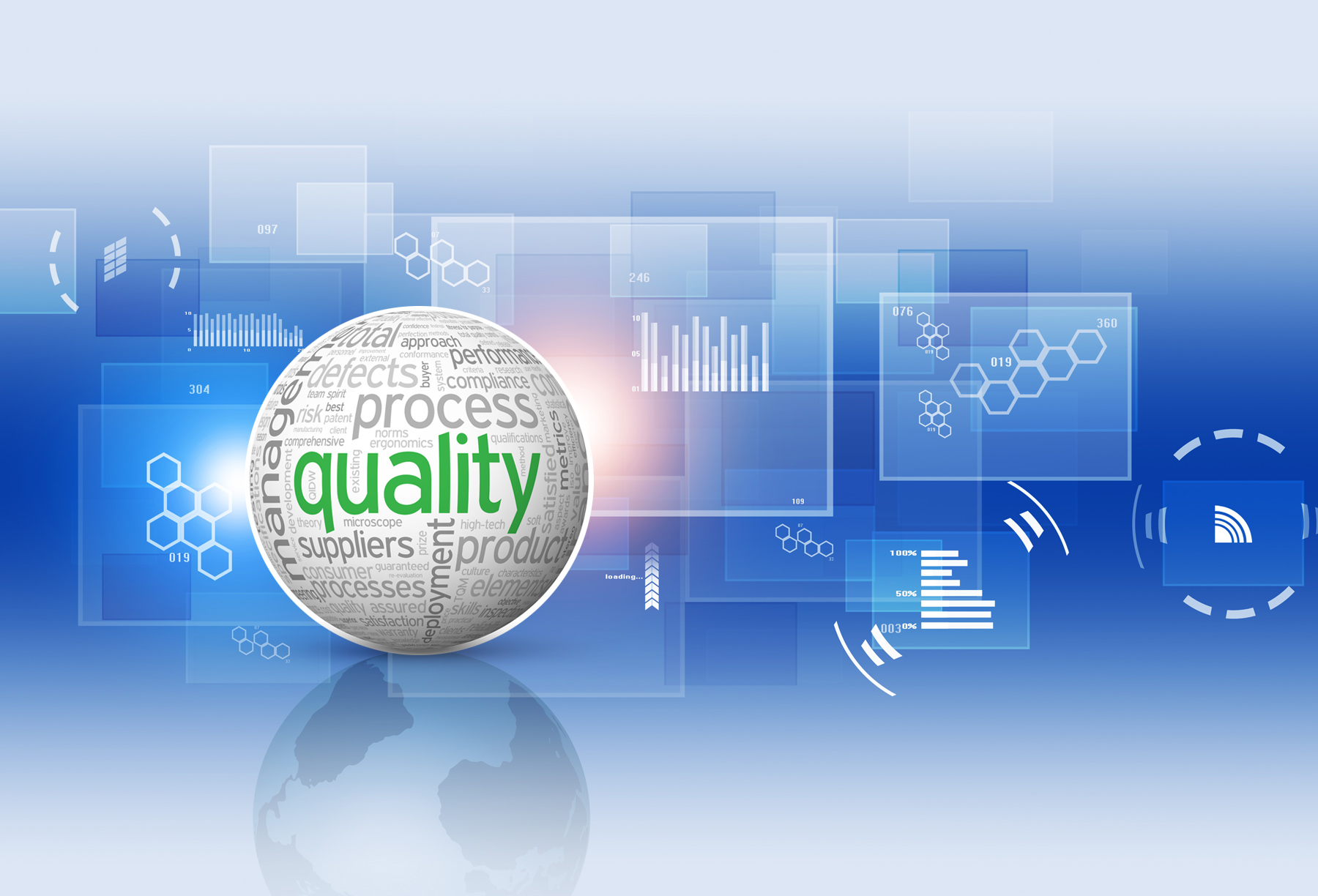Every organization seeks improvement in its operations and offers customer satisfaction. Simply put, they want to showcase their commitment towards quality management. One such way is getting QMS certification to demonstrate quality management. More than 1 million organizations have achieved this certification to boost their customer satisfaction and align their process with the framework. However, it is vital to understand that first-time adopters can face difficulties while getting QMS certification.
Understanding QMS Certification
QMS Certification, commonly known as ISO 9001 certification, is an internationally recognized certification that outlines the framework for organizations. In order to achieve this certification, an organization should establish, implement, maintain, and continuously improve its Quality Management System. Achieving this certification demonstrates an organization's dedication towards quality management, customer satisfaction, and continuous improvement.
Diving into the Certification Process
Pre-Audit
Before initiating formal certification procedures, organizations often conduct a pre-audit gap analysis. This entails a comprehensive assessment of the existing Quality Management System to identify deviations from ISO 9001 requirements. The objective is to identify weaknesses or gaps in the QMS, chart a roadmap for addressing these issues early on, and streamline resource allocation during subsequent formal audits.
Formal Audit by Certification Body
Conducted by an accredited certification body, like INTERCERT, the formal audit unfolds in two stages. The first stage, the readiness review, scrutinizes the organization's documentation for adherence to ISO 9001 requirements. Subsequently, the certification audit, comprising interviews, observations, and record reviews, thoroughly evaluates the QMS's functionality in real-world scenarios.
Corrective Actions
Following the audit, any identified non-conformities prompt swift corrective actions. These measures target the root causes of identified issues, demonstrating the organization's commitment to ISO 9001 standards and bolstering the reliability of the QMS.
Final Review and Certification Decision
The certification body conducts a final review to evaluate their adequacy upon implementing corrective measures. Successful resolution of concerns culminates in the granting of QMS certification. This signifies the organization's compliance with international quality standards.
Maintenance
While QMS certification is valid for three years, ongoing adherence is imperative. Though less extensive than initial assessments, annual surveillance audits ensure continued compliance with ISO 9001 standards. This sustained commitment to quality management reaffirms the organization's dedication to excellence and customer satisfaction.
Benefits of QMS Certification
Enhanced Efficiency: Implementing a QMS improves operational efficiency by streamlining processes and reducing waste and redundancy.
Increased Customer Satisfaction: Getting ISO certification in India demonstrates an organization's commitment to meeting customer requirements. This also helps deliver high-quality products and services, increasing customer satisfaction and loyalty.
Access to New Markets: getting ISO certification in India opens new markets and business opportunities, as many customers and clients require suppliers to be certified to specific standards.
Improved Risk Management: QMS certification helps organizations identify and mitigate risks, ensuring better decision-making and resilience in facing challenges.
Enhanced Reputation: QMS certification enhances an organization's reputation and credibility in the marketplace, instilling confidence in customers, stakeholders, and partners.
The Bottom Line!
Achieving ISO certification in India demonstrates an organization's commitment to quality management and operations excellence. INTERCERT is an accredited certification body that helps you conduct an audit of your organization, incorporate the framework, and achieve certification. We also provide training to continue to comply with this framework.
A PHP Error was encountered
Severity: Notice
Message: Undefined variable: clientlist
Filename: views/blog_view.php
Line Number: 67
Backtrace:
File: /home/sysintercert/public_html/application/views/blog_view.php
Line: 67
Function: _error_handler
File: /home/sysintercert/public_html/application/controllers/Blogs.php
Line: 41
Function: view
File: /home/sysintercert/public_html/index.php
Line: 316
Function: require_once
A PHP Error was encountered
Severity: Warning
Message: Invalid argument supplied for foreach()
Filename: views/blog_view.php
Line Number: 67
Backtrace:
File: /home/sysintercert/public_html/application/views/blog_view.php
Line: 67
Function: _error_handler
File: /home/sysintercert/public_html/application/controllers/Blogs.php
Line: 41
Function: view
File: /home/sysintercert/public_html/index.php
Line: 316
Function: require_once

